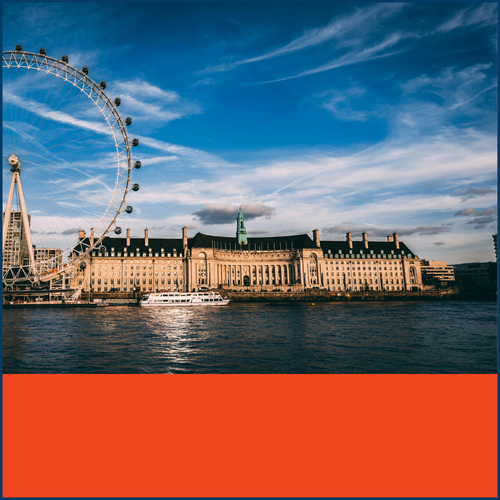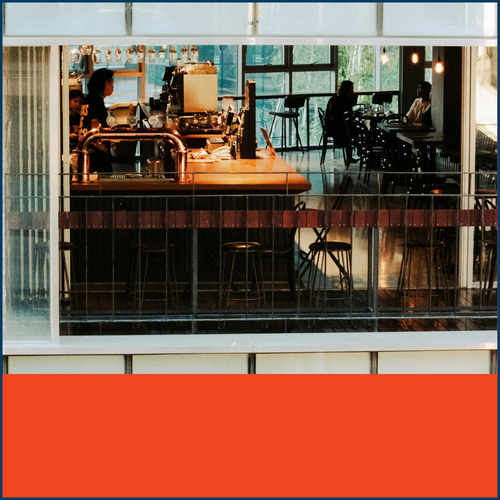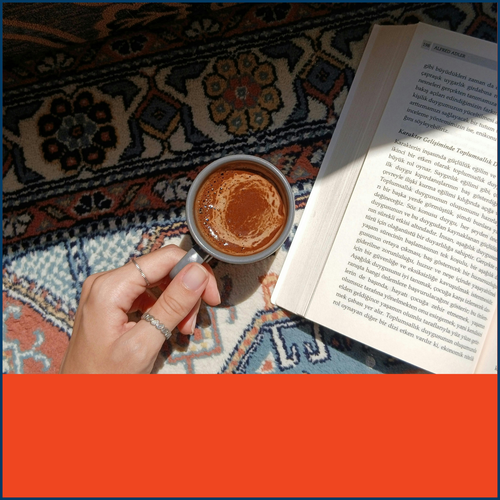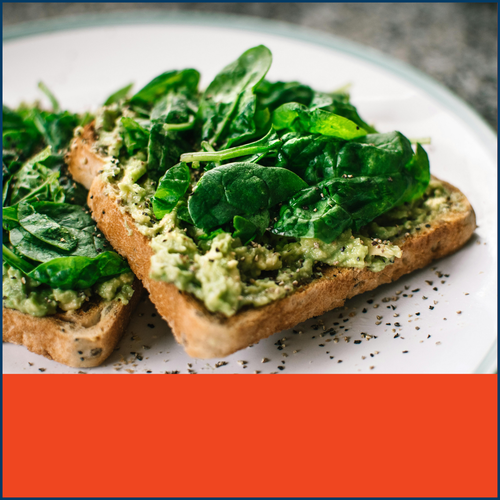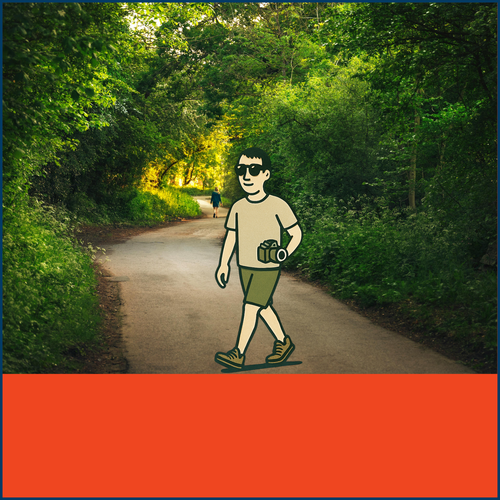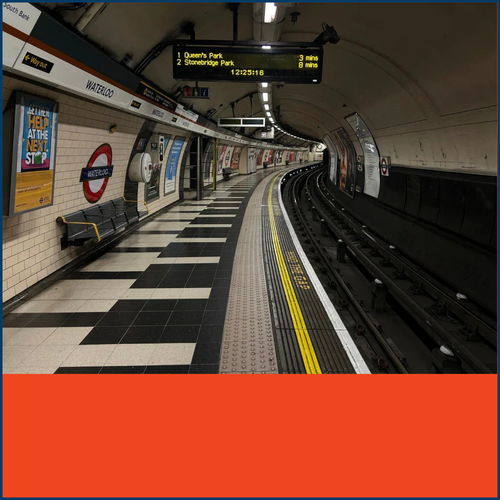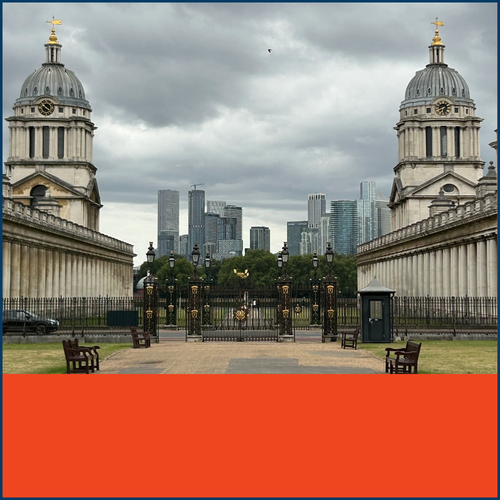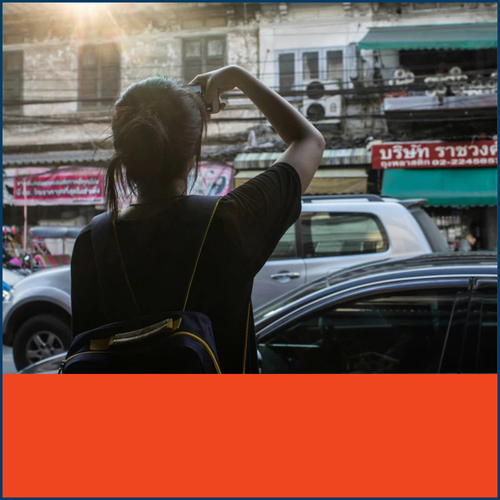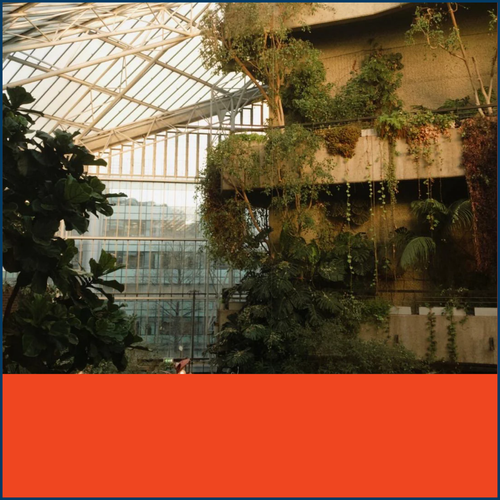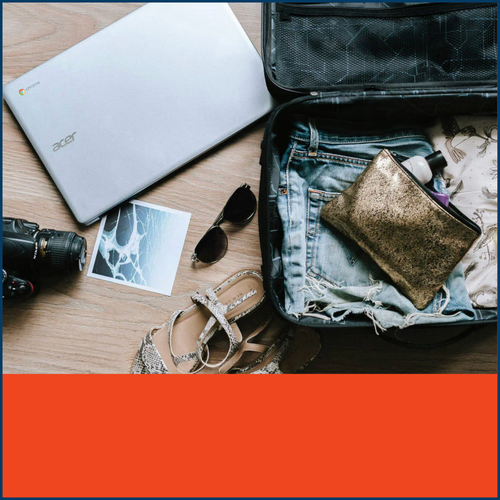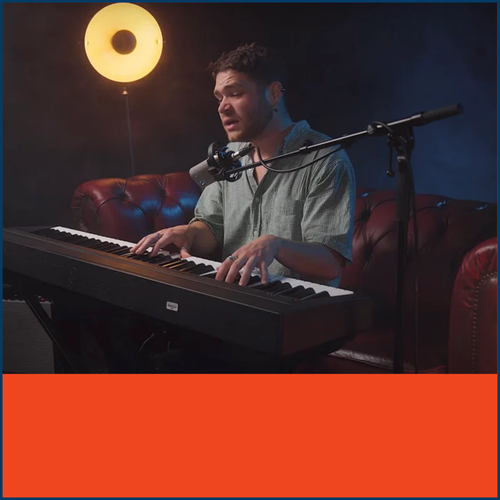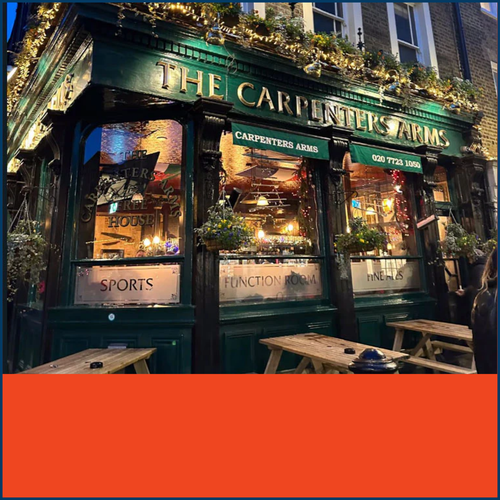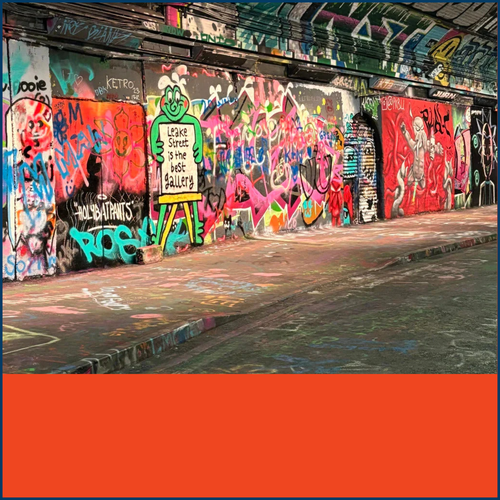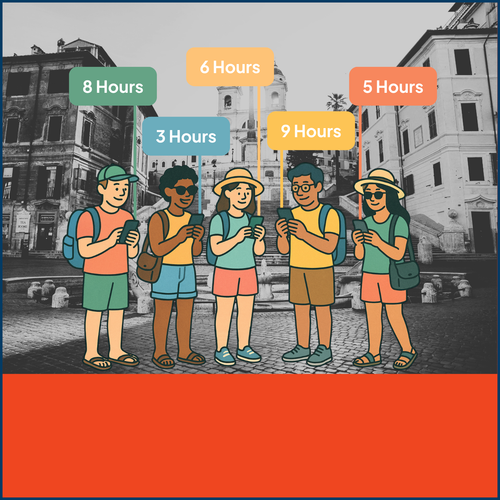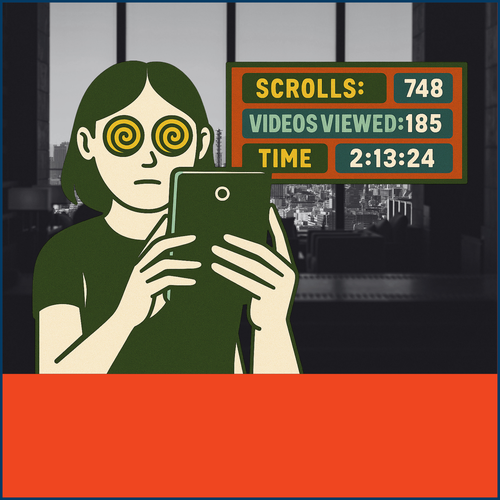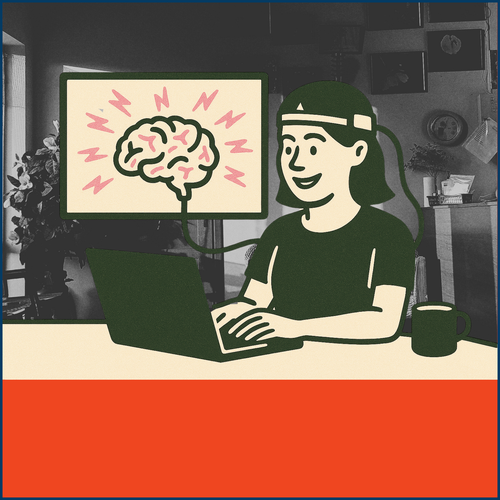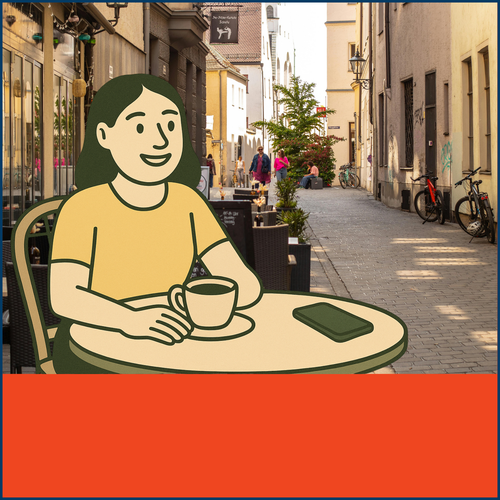Go So Local founder, Matthew chats with psychologist and neuroscience researcher - Moiz Amer on how scrolling and screen time impact our mental wellbeing.
Matthew: There's numerous studies that show the negative impact that excessive screen time has on our brain, mental health and wellbeing. Why do you think we find it so hard to disconnect?
Moiz: I believe it has a lot to do with how our brains work and how the digital world we live in is designed. The notifications, posts, and everything inside these apps aren’t just a coincidence, they were created to keep us engaged and hooked.
There’s a dopamine loop they trigger, and it makes it really hard to stop. But in my opinion, it’s not just that. Sometimes, we reach for our phones because we’re feeling anxious or uncomfortable. I remember a few instances where I’d open my phone and scroll just for the sake of it, no purpose, no reason, just because I was nervous about an upcoming university application.

In such moments, these apps become more than just entertainment. They become a coping mechanism, a way to avoid boredom, stress, or uncomfortable thoughts. That’s why I often think of it as the modern-day coping mechanism.
“These apps become more than just entertainment. They become a coping mechanism, a way to avoid boredom, stress, or uncomfortable thoughts."
Matthew: What would you say are the contributing factors that cause excessive screen time?
Moiz: I think there are a few key factors at play, and they’re all quite interconnected.
First, boundaries have become almost nonexistent. Work follows us home, and even during moments meant for rest, we often feel the pressure to be “productive.” It’s strange, but true, rest doesn’t always feel valid unless we’re doing something that looks productive, and screen use has become a socially acceptable way to fill that gap.

Secondly, in the age of social media, we’ve become conditioned to seek validation, through likes, comments, and engagement. Even when we travel or take breaks, many people are more focused on capturing the perfect photo or video than enjoying the moment itself. It shifts the focus from being present to performing presence, which defeats the very purpose of taking a break.
Lastly, loneliness is a major factor. Screens offer us a kind of stimulation and the illusion of connection. But often, it’s not the deep, meaningful connection we’re truly craving. It fills the silence but doesn’t always ease the sense of isolation.
"There comes a point where screen use stops being a tool and starts becoming a crutch."
Matthew: Does too much screen time influence our mood and emotions?

Moiz: Yes, definitely. I’ve personally felt how excessive screen time can affect my emotional state. I remember a day when I spent almost 2–3 hours switching between Instagram and Facebook, scrolling through reels, stories, and random posts. I wasn’t doing anything in particular, just mindlessly going from one thing to another.
By the end of it, I felt completely drained. Not just mentally, but emotionally too. I was irritable, restless, and low on energy. Nothing specific had happened, but I realized later that the kind of content I was consuming played a big part.
Social media is full of highly stimulating content, people’s highlight reels, bad news, endless opinions, and unrealistic beauty or success standards. Even when we’re not consciously comparing ourselves, it affects us. There’s this constant sense of not doing enough, not being enough. It’s subtle, but powerful.
I’ve also seen this in others, especially younger people. There’s a kind of emotional restlessness that comes with always being connected. Our brains rarely get a break from processing, and our emotions end up taking the hit. So yes, I genuinely believe screen time, especially the type of content we engage with, has a deep influence on how we feel.
"Even when we travel or take breaks, many people are more focused on capturing the perfect photo or video than enjoying the moment itself."
Matthew: When does excessive screen time cross the line into addiction? While “addiction” might sound like a strong word, is there a point where our reliance on screens starts to feel similarly consuming?
Moiz: Yes, I do think there’s a point where screen time crosses into something that closely resembles addiction. While the word “addiction” might sound intense, the patterns we see, compulsive checking, emotional dependency, lack of control, mirror many elements of addictive behavior.
It’s not always about how much time we spend on screens, but how much control we have over that time. I’ve caught myself unlocking my phone to check one notification and then somehow scrolling through apps for half an hour without even realizing it. It becomes automatic, something we do without thinking.
I see it in younger people too. My 13-year-old cousin, for example, always wants to share reels when we hang out. “Did you see the one I sent?” or “Let’s rewatch this reel together.” Sometimes he prefers sitting and scrolling over actually talking. It’s subtle, but it shows how early this pattern of dependency can start.
And it’s not just kids. I once joked with a friend who checks their phone the moment a prayer ends, saying, “Were you checking if God replied to your prayer already?” We both laughed, but it highlighted something real: that constant need to check in, even in the quietest, most meaningful moments of the day. It’s like we’ve forgotten how to just pause.
So yes, there comes a point where screen use stops being a tool and starts becoming a crutch. That’s when it begins to look and feel like addiction.
"There’s a kind of emotional restlessness that comes with always being connected."
Matthew: At Go So Local, we're here to enhance the experience of solo travellers while helping them cut down on screen time. When you're alone in a café, bar, restaurant, or just taking a break, it’s almost second nature to reach for your phone and start scrolling. But why is it that even when we're on a trip—meant to be a break from the everyday—we still slip into these habits?
Moiz: I think it comes down to how uncomfortable we’ve become with stillness. We’re constantly stimulated, and the moment we’re alone, even in a beautiful or unfamiliar place, we instinctively reach for our phones to “fill the gap.”
Some people do travel to take a break and disconnect, but not everyone resonates with that purpose. For many, travel has also become something to perform. There’s this subtle pressure to document everything, to post, share, and seek validation through likes and reactions. Even if the trip is meant to be relaxing, it often becomes another opportunity to stay plugged into social media, just with better scenery.
I’ve caught myself doing it too, sitting in a completely new city, surrounded by energy and life, and yet scrolling through the same content I’d see at home. It’s like our brains have been rewired to turn to screens for comfort, distraction, or just to avoid feeling alone.
But the most meaningful travel moments I’ve had were the ones where I chose not to pick up my phone. Just sitting with a cup of coffee, people-watching, or reflecting quietly, those are the moments that feel most like a true break. And they don’t need to be posted to be remembered.

Moiz Amer is a Psychology graduate and an incoming Master's student in Neuroscience at Üsküdar University. He has experience working with children across both clinical and educational settings, and possesses a solid academic foundation in psychological research. His interests lie at the intersection of mental health, neuroplasticity, and the cognitive and emotional effects of technology. Moiz is particularly focused on understanding how digital environments shape attention, behaviour, and emotional well-being. Through his work, he seeks to integrate insights from psychology and neuroscience to explore the evolving impact of screen time on the human brain.




